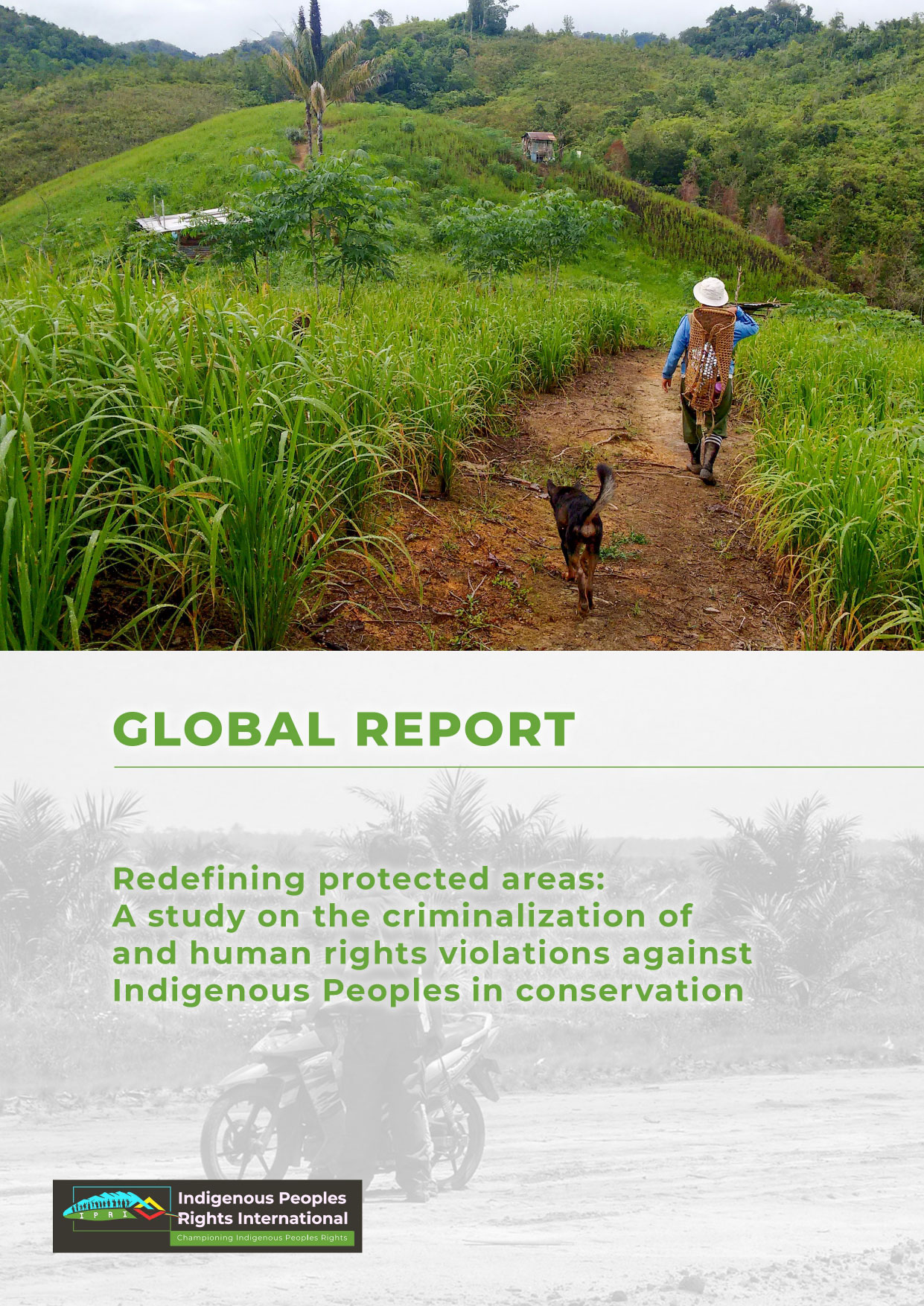As part of its work to confront criminalization of, and human rights violations against Indigenous Peoples, the Indigenous Peoples Rights International (IPRI) decided to contribute to the ongoing calls for a human rights-based approach to conservation. As a start, we conducted a research study on the issue and commissioned global and country reports covering the Democratic Republic of Congo, Kenya, Tanzania, Nepal, and Thailand. Each report is published independently and can be read as stand-alone publication.
The study aims to contribute in raising awareness and attention to the issue of criminalization and violations of Indigenous Peoples’ rights in relation to environmental conservation. We hope that it will be useful for Indigenous Peoples and human rights organizations in their advocacy initiatives at the national, regional, and global levels. We also hope the reports will be useful for states and conservation institutions when developing programs and policies that aim to address human rights violations in conservation, including the access to justice and remedy of the victims of criminalization and human rights violations in conservation areas.
The study aims to contribute in raising awareness and attention to the issue of criminalization and violations of Indigenous Peoples’ rights in relation to environmental conservation. We hope that it will be useful for Indigenous Peoples and human rights organizations in their advocacy initiatives at the national, regional, and global levels. We also hope the reports will be useful for states and conservation institutions when developing programs and policies that aim to address human rights violations in conservation, including the access to justice and remedy of the victims of criminalization and human rights violations in conservation areas.


